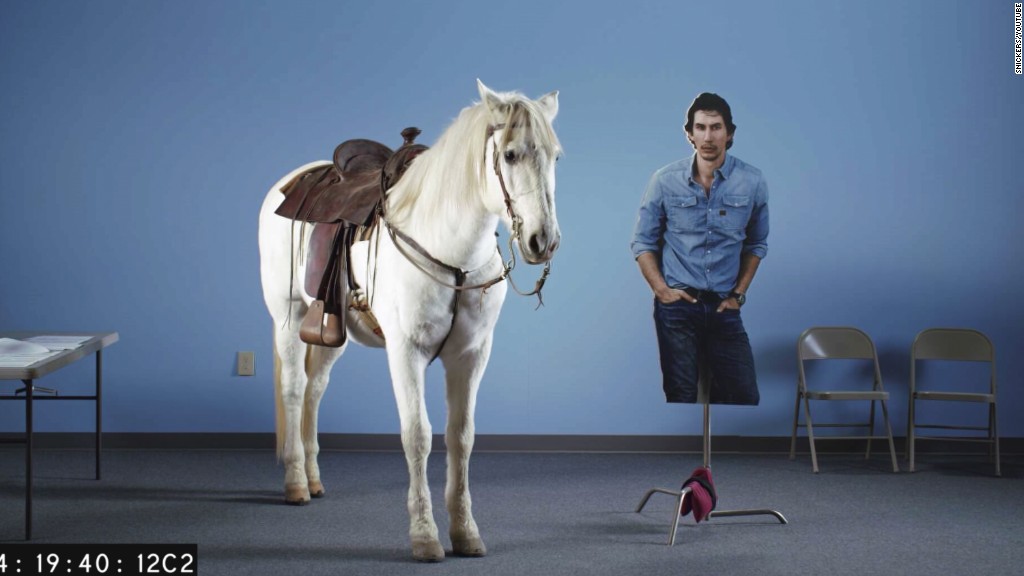
Editor's Note: This story has been updated. It initially said players in Super Bowl LI would not pay taxes on their winnings. They will still be taxed by their home states. The story has been reflected to show that.
Everything may be bigger in Texas, except the taxes.
That's good news for the players in Super Bowl LI, which is being played in Houston, Texas.
Since pro athletes work in numerous states, they're affected by each state's different income tax level.
This is known as a jock tax. It applies most commonly to athletes, but is a tax levied against visitors to a state who earn money there. It's a state's way of ensuring that it gets its share of the income from athletes who earned money in the state during their stay.
This year's players will save money because Texas doesn't have any income tax. If they were playing in last year's Super Bowl 50 in California, they'd pay more because California has the highest income tax rates in the country.
They'll still pay taxes in their home state as well as federal taxes. New England Patriots players who live in Massachusetts are subject to a 5.1% tax. Atlanta Falcons players who live in Georgia will be taxed at 6%.
The Pats and Falcons are also lucky they're not playing in next year's Super Bowl in Minnesota, which has a 9.85% income tax.
Related: Inside the world of women's tackle football
Paying less in taxes is a major perk on top of the money they get for winning or losing. This year's winners will each get $107,000. Players on the losing team will each get $53,000.
The bonuses for playing in the Super Bowl are small time compared with championship payouts in other leagues.
The World Series had the biggest pay out last year -- the Chicago Cubs each got $368,000. Even the winners of the NHL's Stanley Cup get more than the winners of the Lombardi trophy. The Pittsburgh Penguins each got about $165,000.
